These were the words of Dr. Scott Segal, chair of anaesthesiology at Wake Forest Baptist Health, a leading US medical education and research, when discussing the effectiveness of cloth masks in the fight against the global pandemic we are currently facing. Are cloths masks keeping you safe? Let's dive in to find out.
Can a Good Mask Slow the Spread of COVID-19?
As we enter into 2021 and the total reported cases of Covid-19 in the U.S climb to over 13.6 million it is painfully clear that community transmissions are far from under control. To avoid continual lockdowns, but also to galvanise a slowing economy people need to feel safe in the fact that not only themselves but their loved ones are at low risk of catching and spreading Covid-19. Testing still remains well below what is required, and vaccines like Pfizer’s still have a long way to go before the public at large will receive the adequate doses required and our lives can go back to how they were pre-pandemic. However, if better mask were widely available now, we could achieve peace of mind and confidence moving forward. We need access to superior masks with levels of protection seen in N95 and high-filtration surgical masks used by health workers, rather than the cloth ones worn by the majority of the population at the moment. High filtration masks must be available for the general public if we are to successfully negotiate the delicate balance of keeping our most vulnerable safe, whilst reviving our economy.
Face Masks Can Help
Studies suggest that cloth masks, bandanas or scarf do reduce local transmission, however their effectiveness varies dramatically. In an independent study conducted by Wake Forest Baptist Health, WFBH doctors and scientists used rigorous filtration testing to evaluate 13 different designs from approximately 400 masks. At best, the study reveals cloth masks achieve 79% filtration, however many other cloth masks tested perform much worse, sometimes demonstrating as little as 1% filtration. Compared to certified high-filtration N95 masks that averaged 97% filtration, it is clear to see that not all masks are created equal. To be sure, cloth face coverings can reduce how much droplets the wearer themselves expels, however they cannot filter incoming particles to the fidelity required to be protected from air-borne viral transmissions. As a result of this, you become reliant on others around you taking the necessary precautions to keep you safe. We must control our own safety, regardless of how others around us act. Therefore, access to high-filtration certified masks become essential for the general public and enable wearers to fully protect themselves and potentially slow future waves of the pandemic occurring. Certified filtration masks offering viral and bacterial filtration allow us to take control of our own safety and restart with assurance, vital economic activities like getting back to work, opening up schools and restaurants, traveling, and attending music and sporting events again.
Get Yourself a High Filtration Face Mask
While effective monitoring of contact tracing and testing remain crucial, equipping people with high-filtration masks in combination with social distancing practice and frequent hand washing, could be the most achievable and realistic opportunity we have for slowing Covid-19’s spread and restoring the safety and confidence needed to enable society to be fully functioning once again.

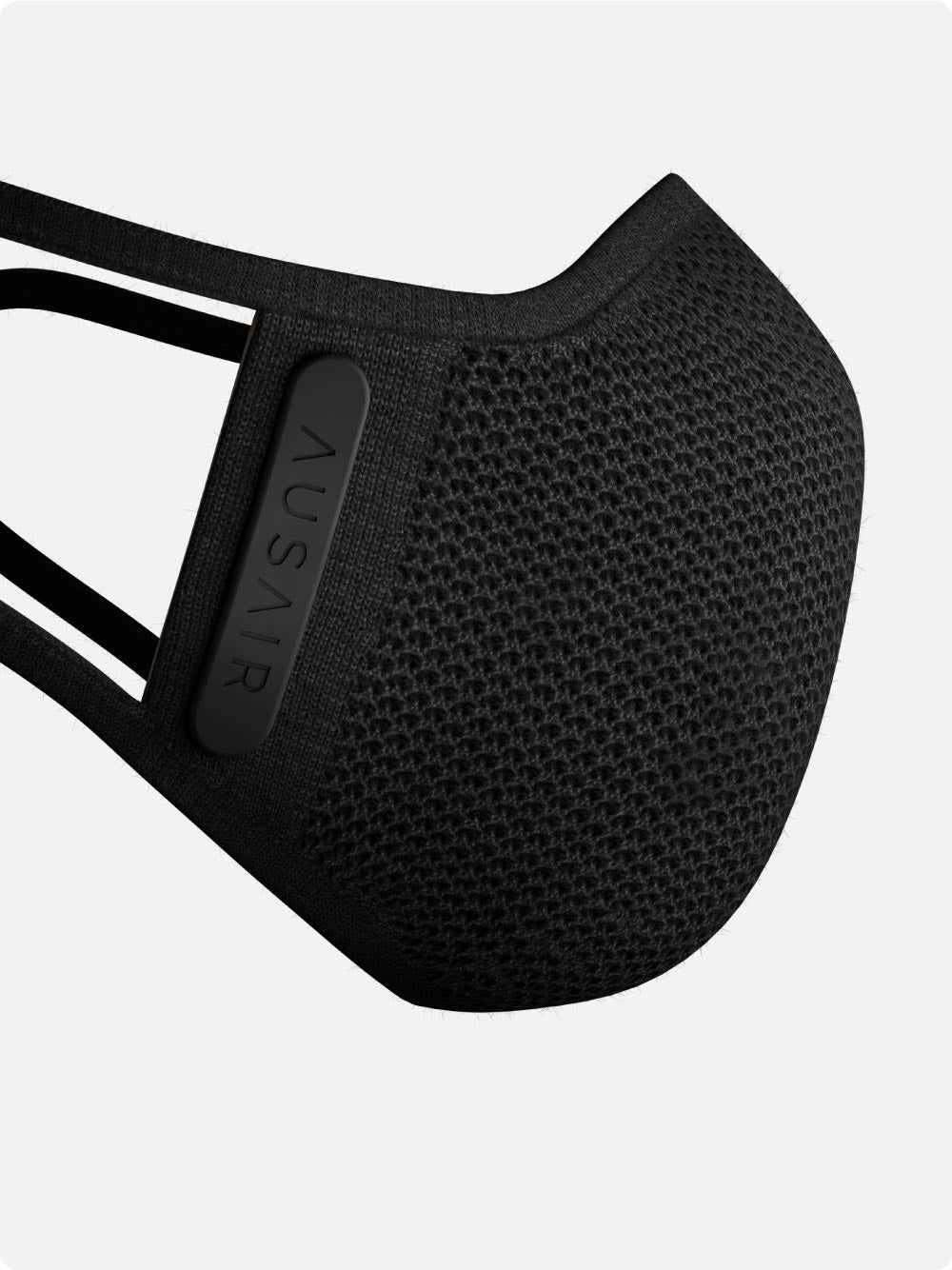
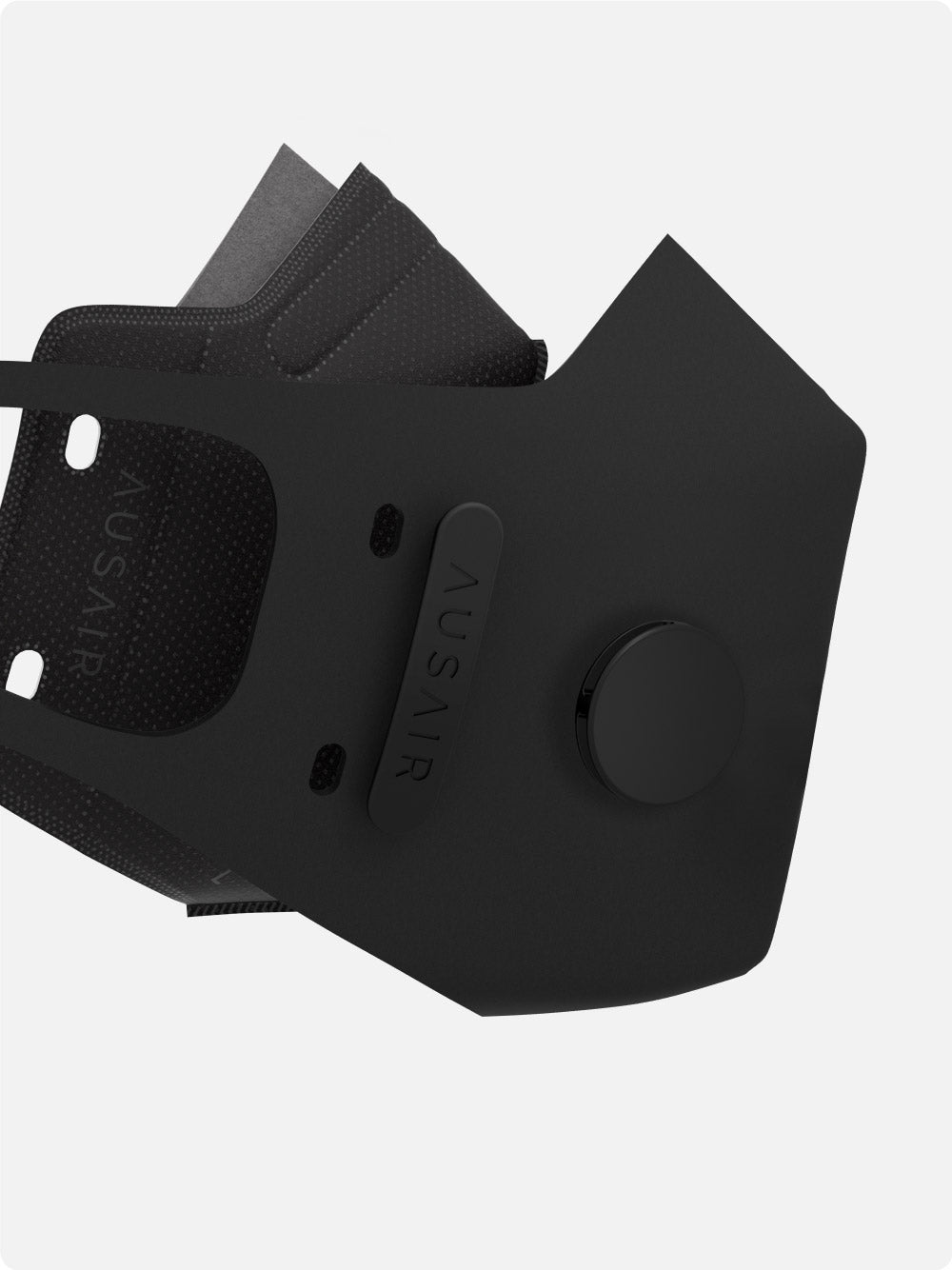
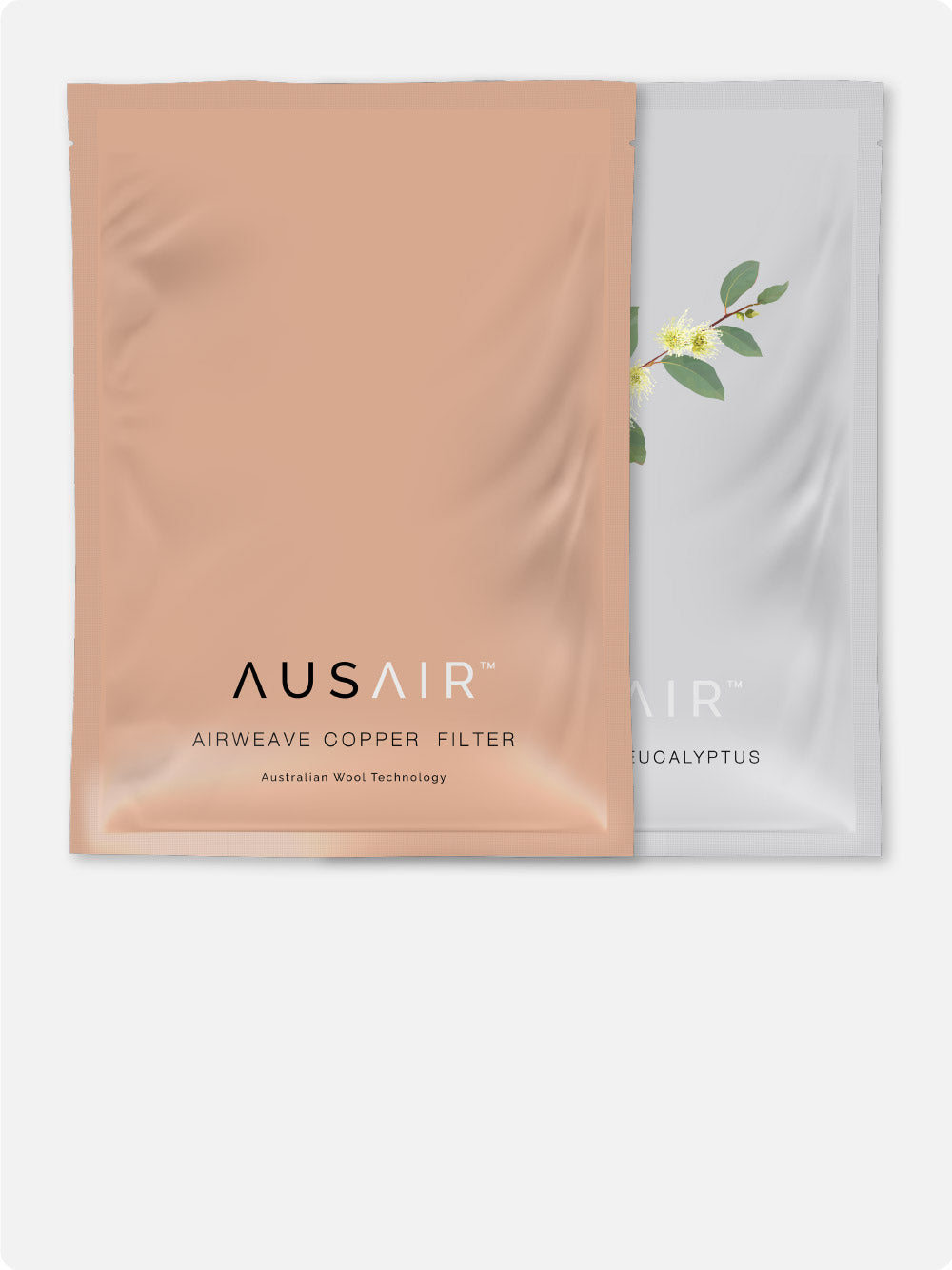
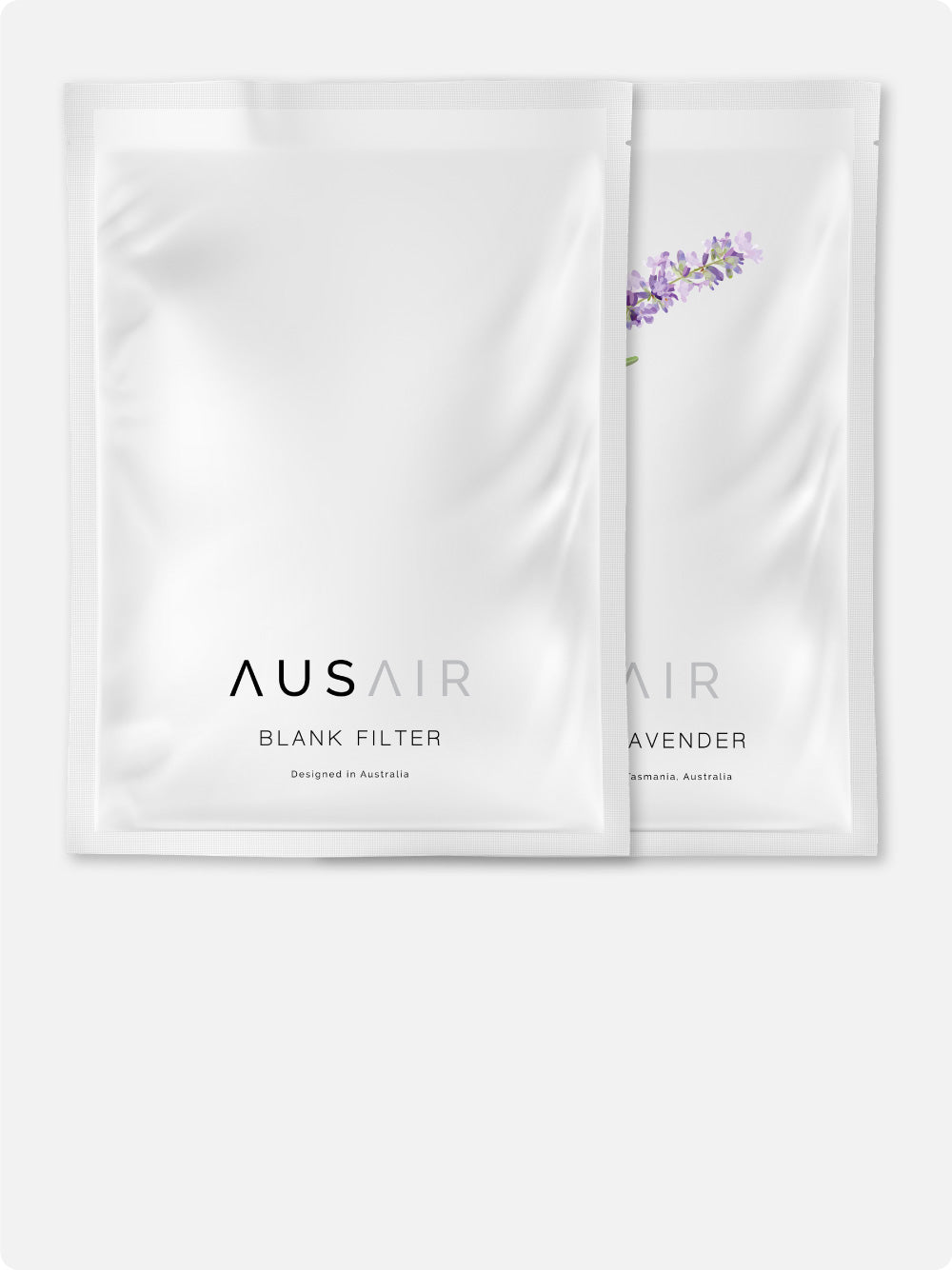
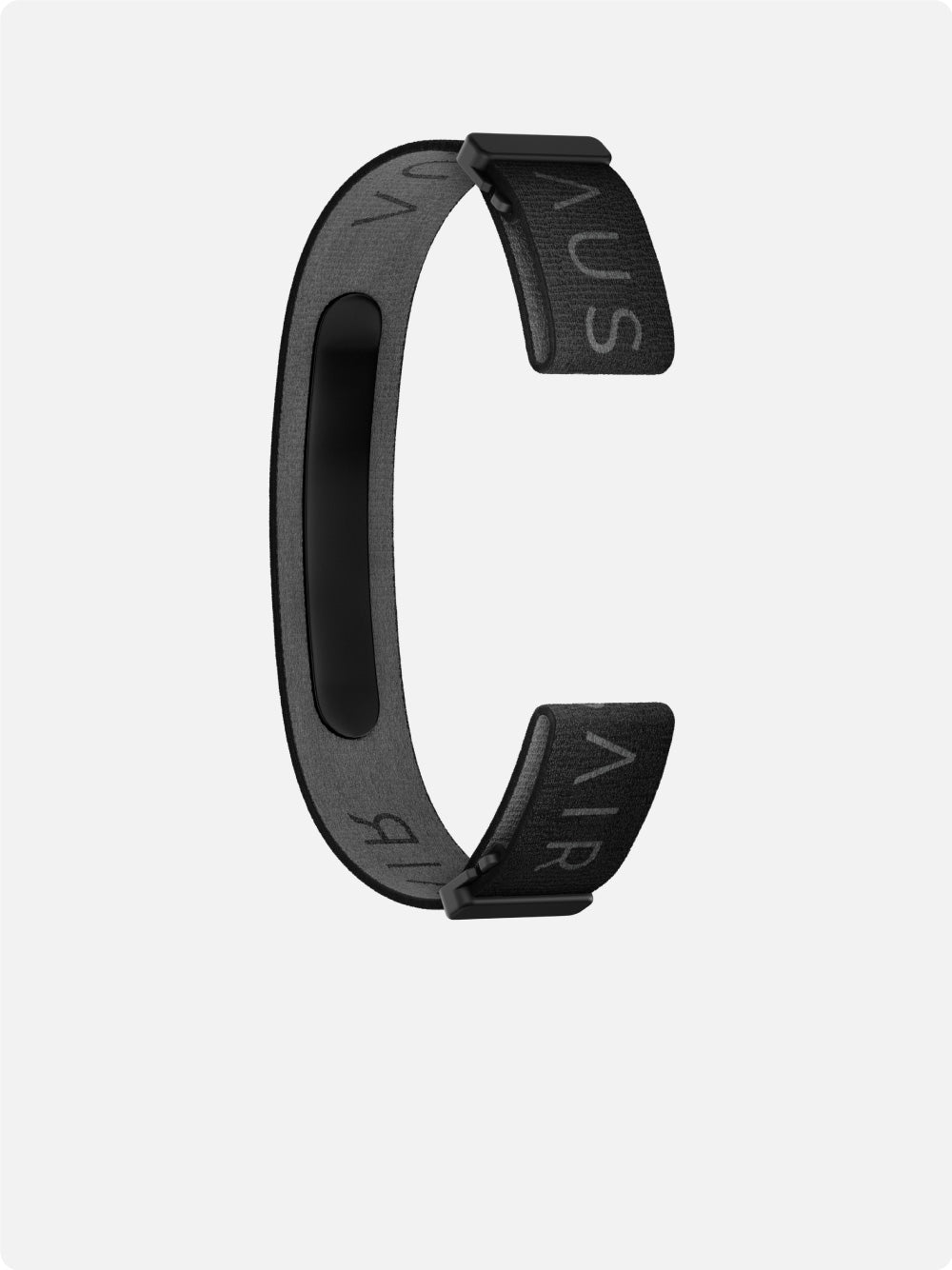
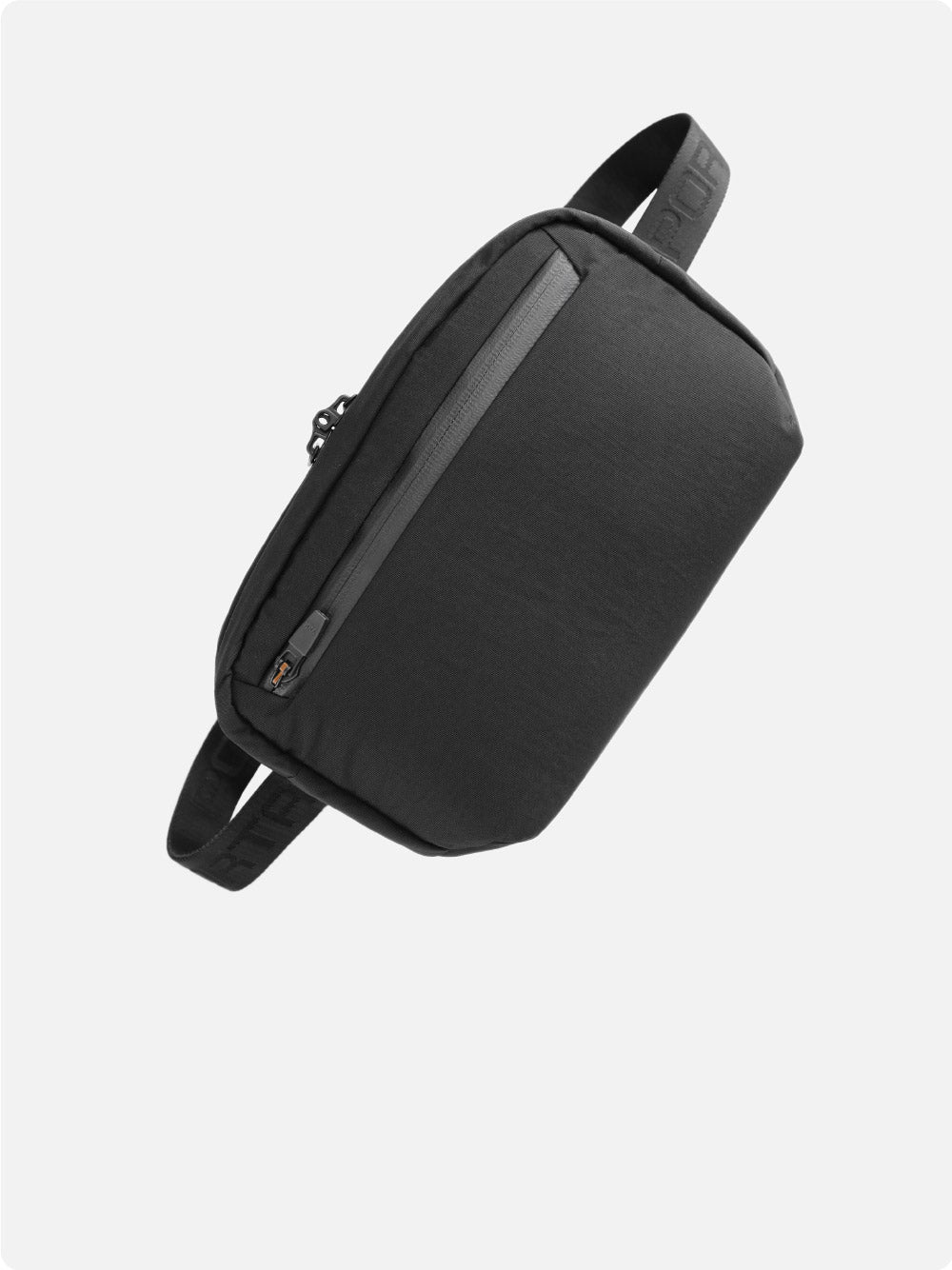
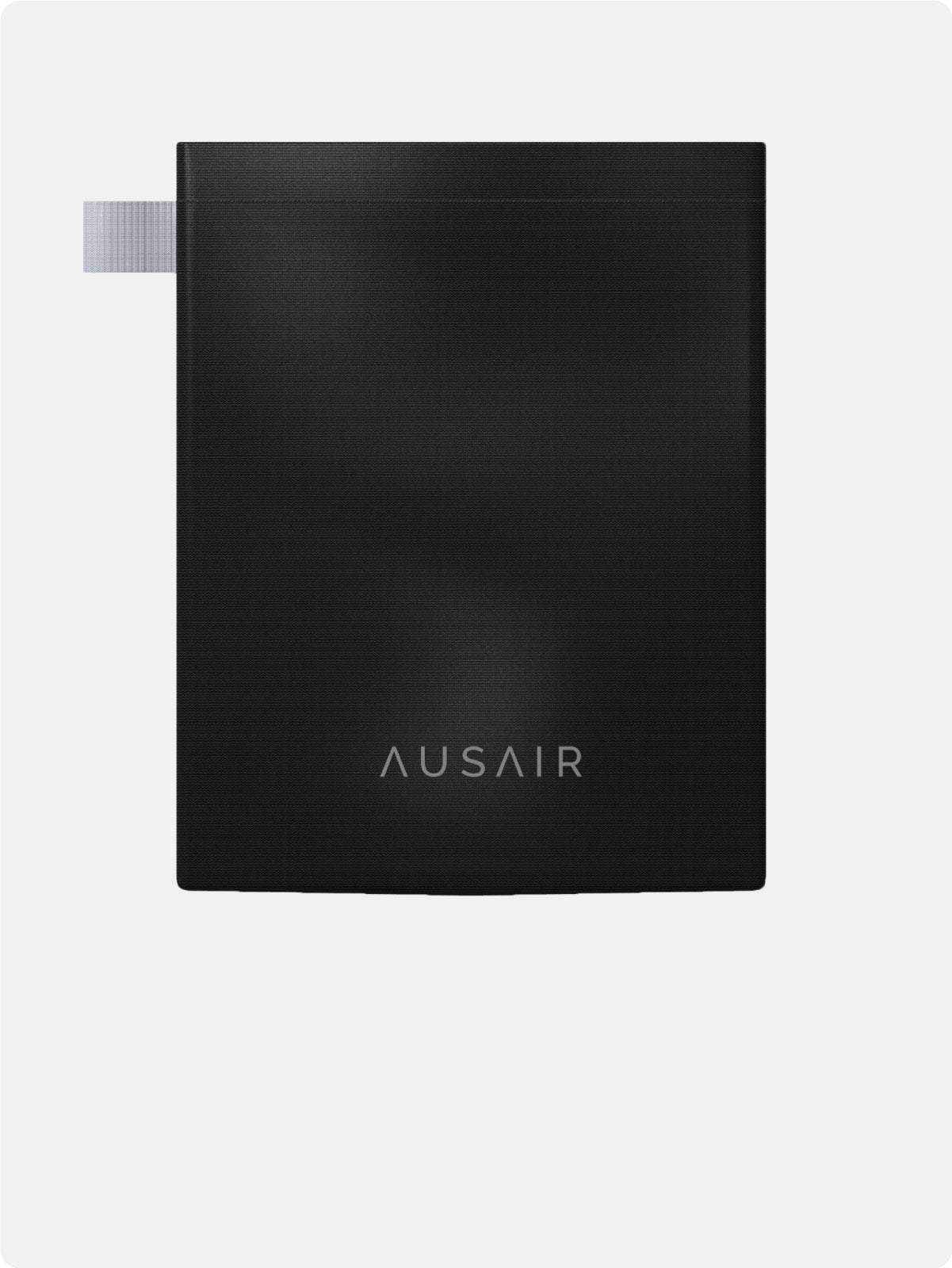


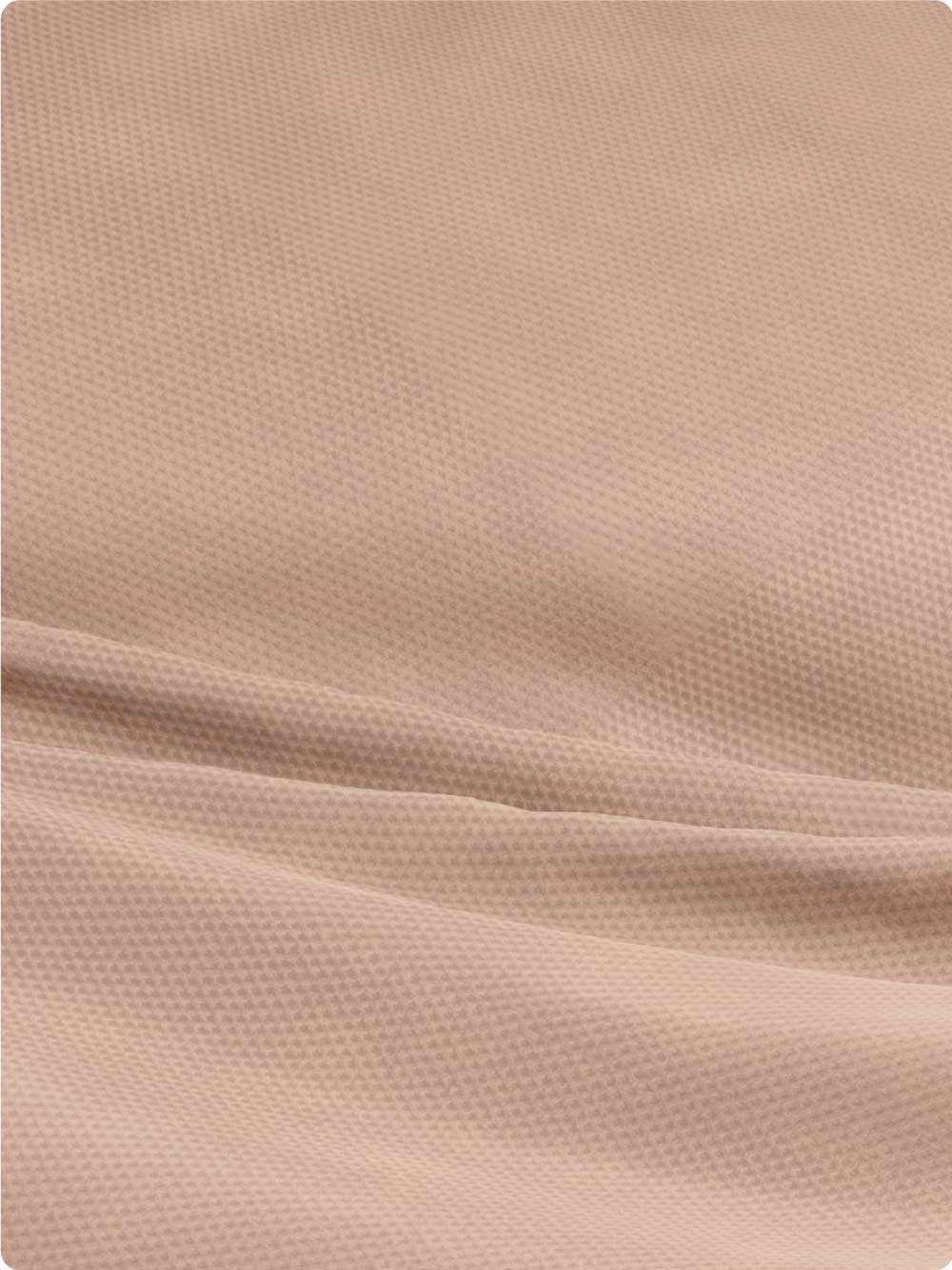



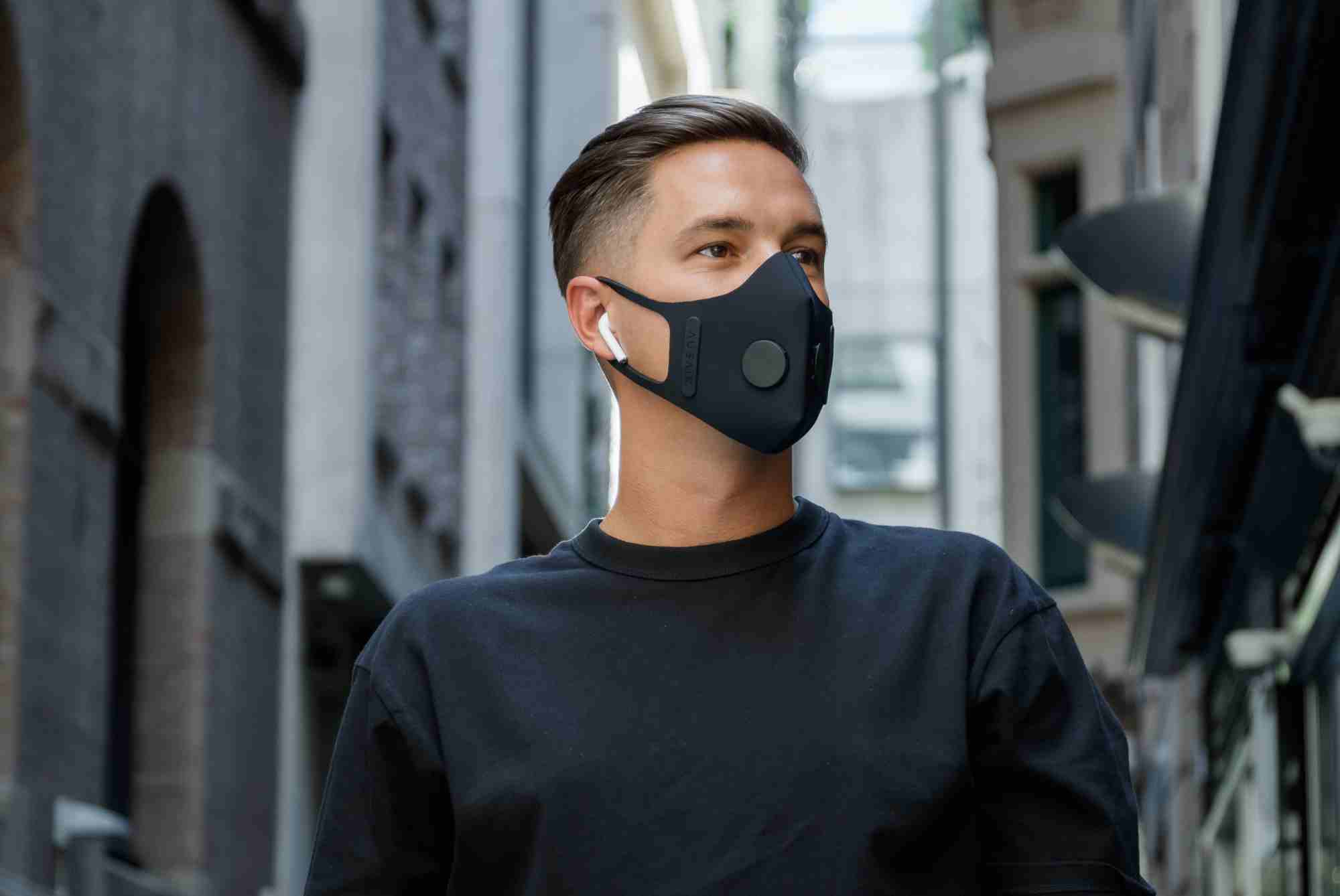

Leave a comment
All comments are moderated before being published.
This site is protected by hCaptcha and the hCaptcha Privacy Policy and Terms of Service apply.